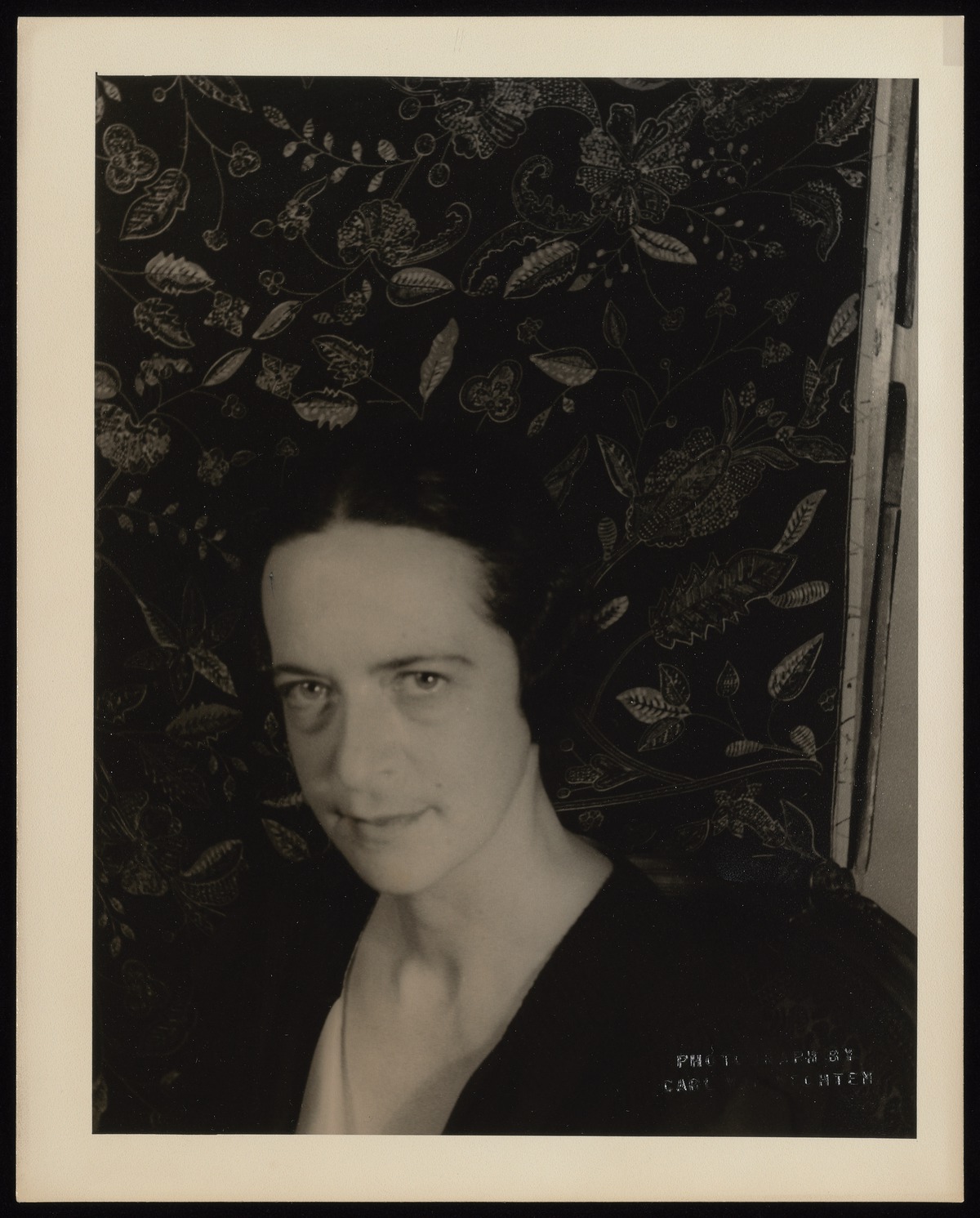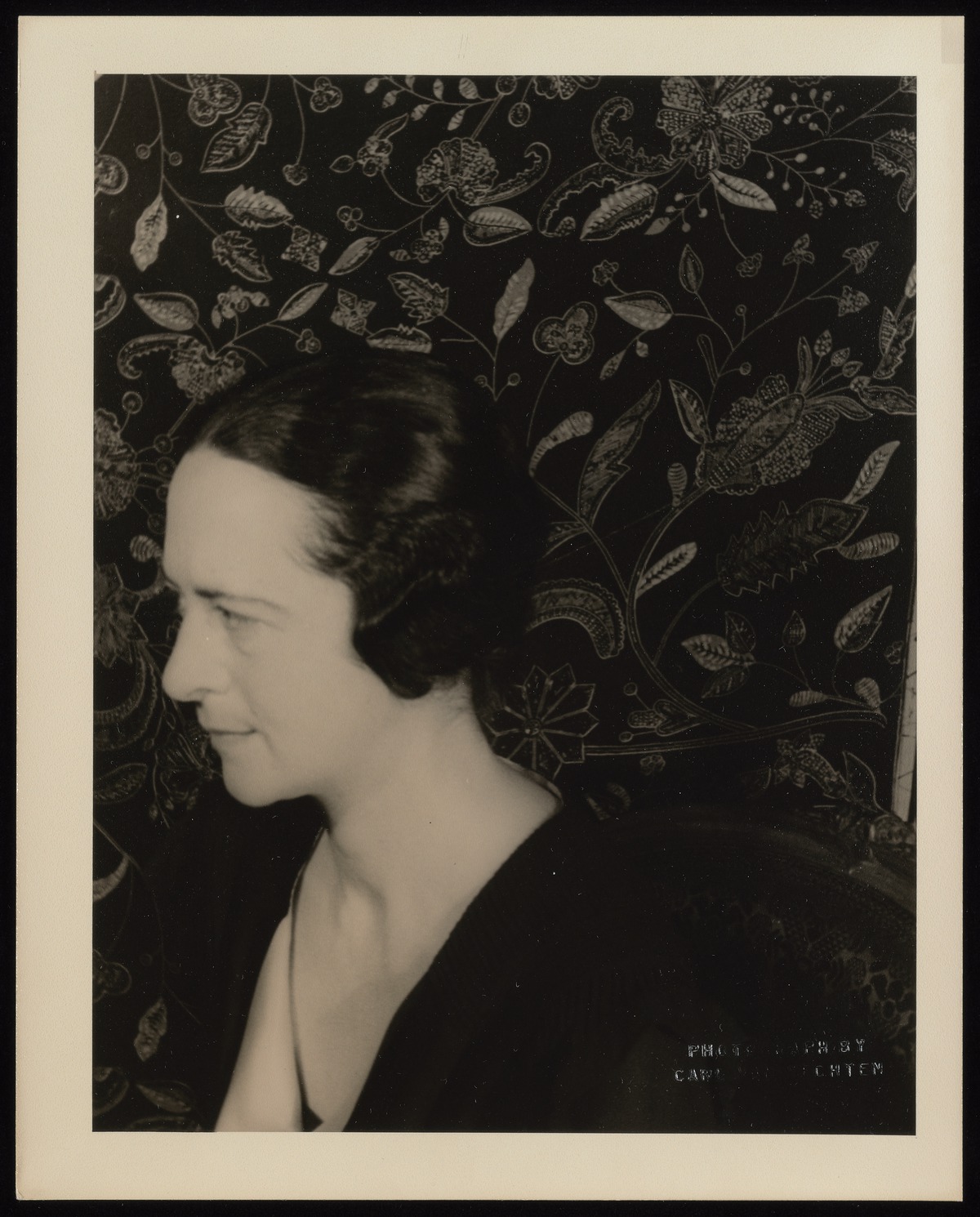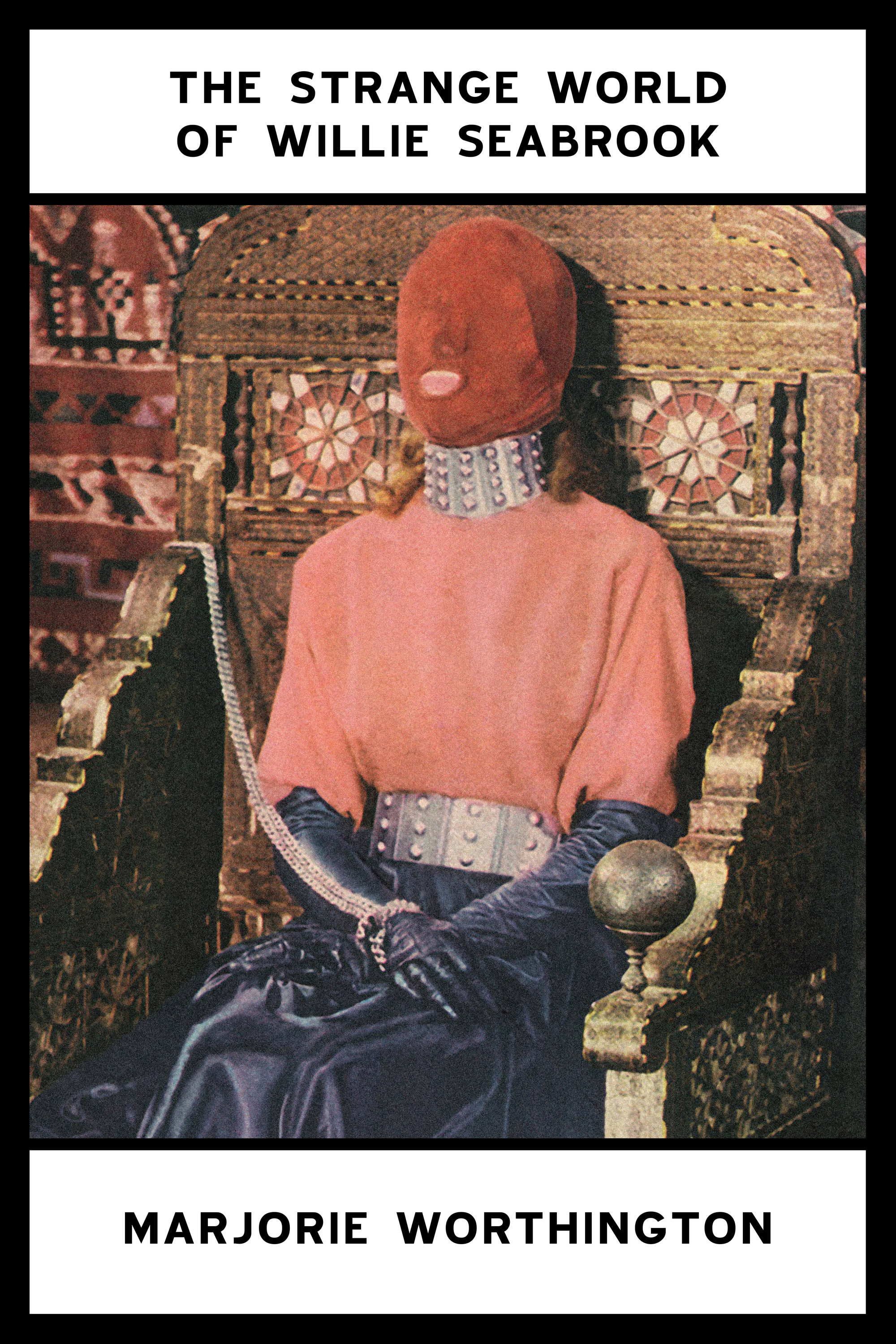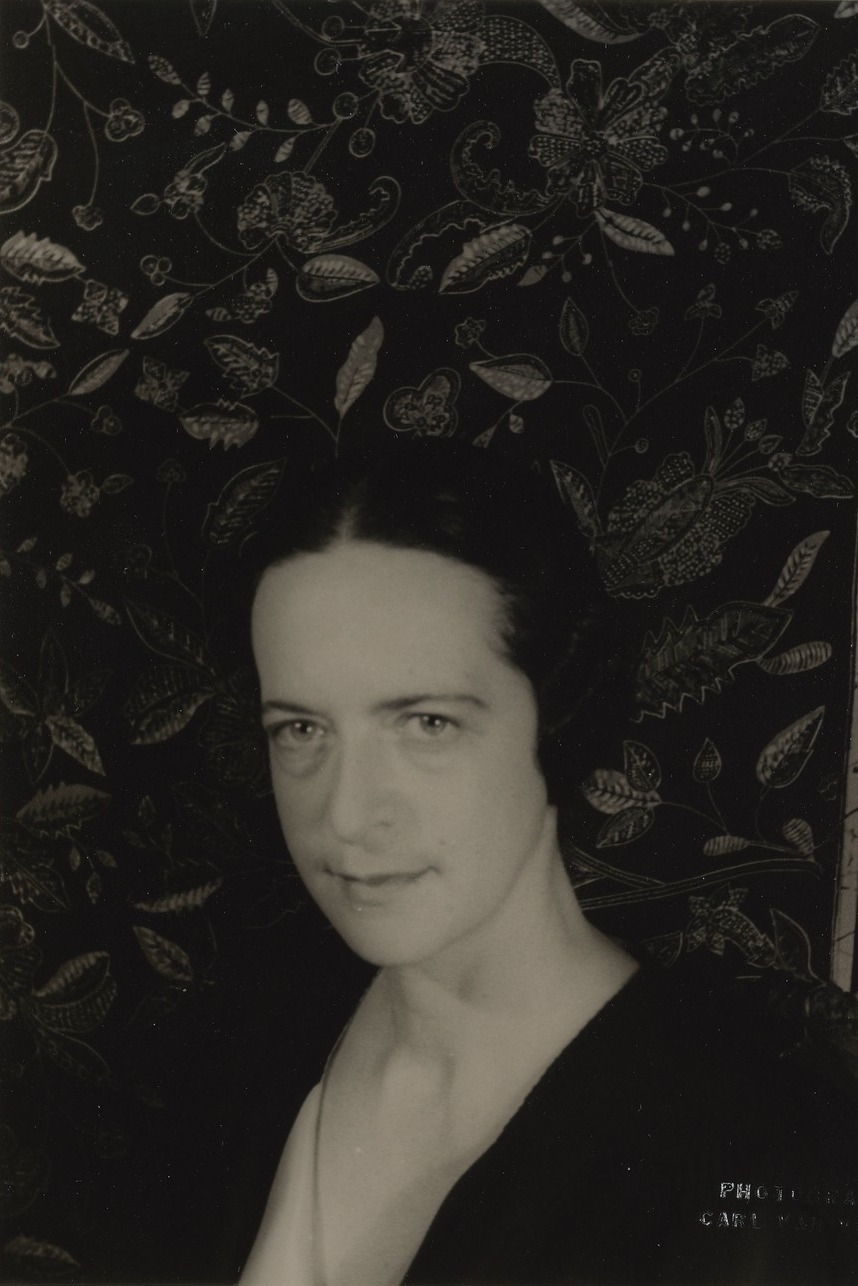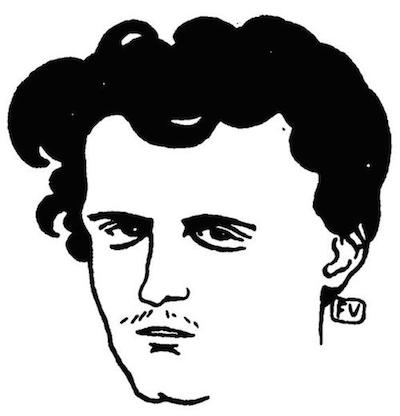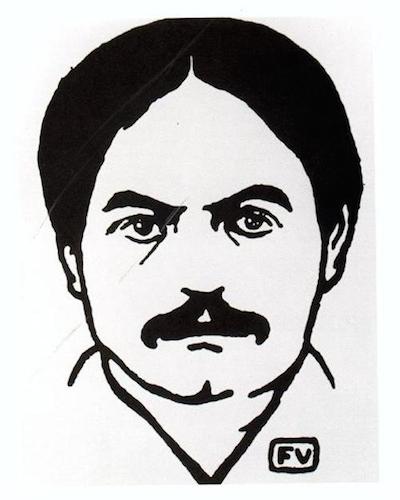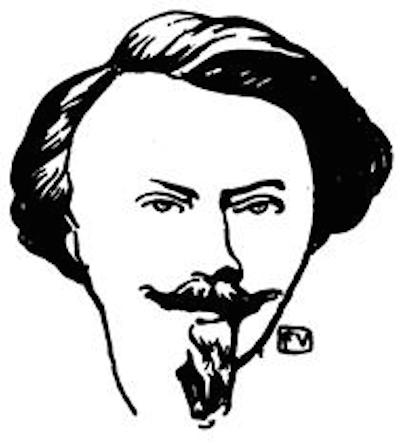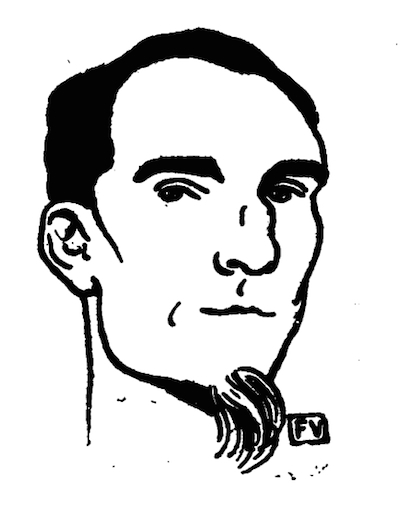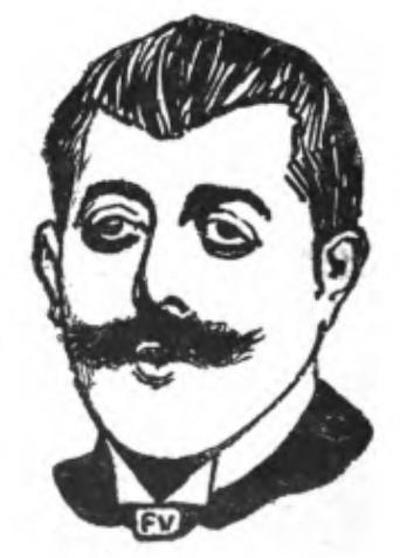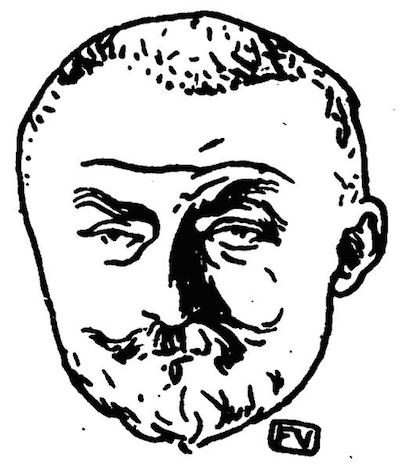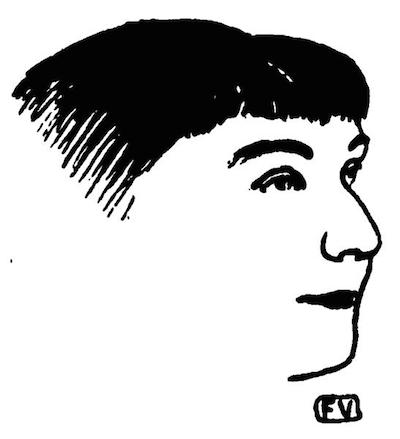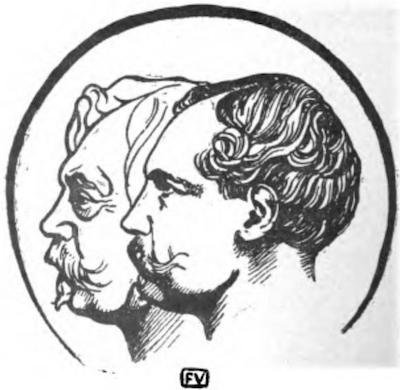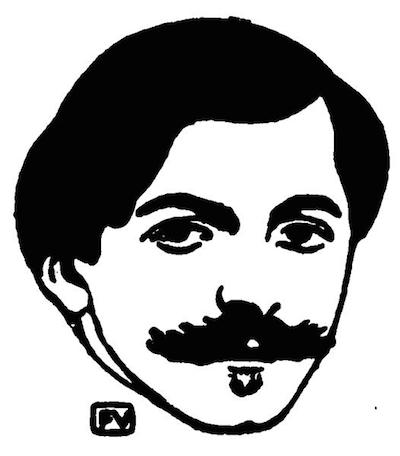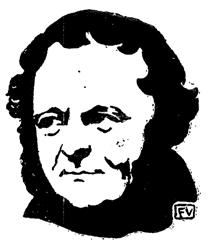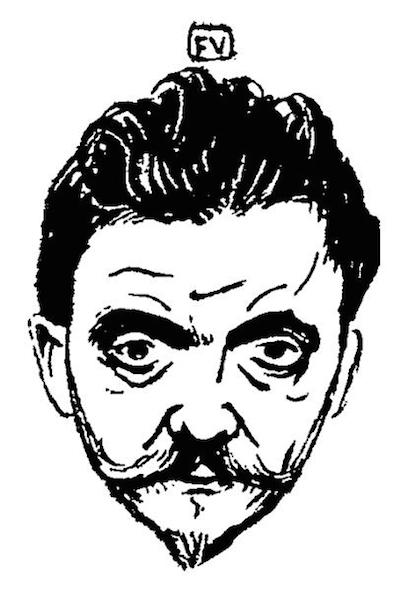The Island
By Ashton Politanoff
From Oedipus Rex by Pier Paolo Pasolini
From the mainland, he’d been searching for the island’s coastline day after day. Some mornings he could see it, depending on the smog. He wanted to escape the hustle, the bustle, so he looked at the boat schedule and made a reservation. He’d go for the day.
The morning of, he arrived at the harbor near the port and parked his car under the green bridge. A section of bridge was being repaired. Every time a car drove overhead, he’d hear a loud clatter coming from the steel plates.
After picking up his ticket at will-call, he took a seat under the sail tent. The speaker above his head played swing. He took a Dramamine and as other people showed, he placed his bag next to him so no one could sit too close. There were several boats in the fleet and he was hoping for the catamaran—that boat, he knew, could slice through chop like butter. Instead, when the crew called for them to stand in a line and split their tickets, they were directed to the old mono-hull. He swallowed a second Dramamine and walked across the gangplank. He mounted the stairs of the ship to the upper deck. He tested the white aisle bench with his finger and used the back of his backpack to soak up the cool morning dew. Then he sat down facing the front of the boat. A tall woman in a peach dress sat directly across from him. She had leathery skin and two earrings in each ear—a hoop and a diamond. She already had a drink, a Bloody Mary, and sucked it through a straw. When she was done, she removed the pickled green bean and ate it, showing her front teeth with each bite.
What are you doing on the island? she asked.
Getting away, he said.
Oh, she said.
When he didn’t say anything else, she said, Well I’ll be eating and drinking.
That’s nice, he said. I’ll be getting off on the second stop.
He was thankful when the boat finally started to move, and when a family of four had crowded next to them—he wouldn’t have to talk to her anymore. The father of the family told his children about the sea life they would see, and the animals on the island. Buffalo, he said. A red fox.
A red fox? the young towhead with neon green shoelaces asked.
Yes, the father said. A red fox. No one knows how it got there, the man said, but it lives on the island.
Through the harbor, the boat passed a container ship with scrapings on the side.
From going through the Panama Canal, he heard the father say.
They passed the prison. He couldn’t get a view of it, just the watchtower. Abandoned warehouses stood nearby. In the dark water, a seal popped up and then took a dive.
Soon they were at the break wall, and once they emerged through the passage known as Queen’s Gate, into the open ocean, the boat sped up. The water was no longer calm, the wind blowing. A swell coming from the west pushed against them, the boat lifting and lurching. He steadied his eyes on the horizon line and zipped up his windbreaker. He raised the hood and wore it, pulling the drawstrings tight to create a hole with just enough space for his nose and eyes. With his fingers, he slowly and carefully tied a square knot.
As they approached the leeward side of the island, the water calmed. The island was mountainous coastline peppered with sandy coves with yachts in each. Some coves had cabins or yacht clubs. Others had quarries. The air was cleaner here. He could finally see the sky’s ceiling, the low clouds that were starting to burn off.
The first stop was in the touristy section where there was a casino and shops that sold trinkets. The boat slowed and briefly docked and the woman got off without saying goodbye. The family left too, as did most people. The next stop—his—didn’t have a hotel. The only passenger in sight was a man holding blue prints. He wanted to burn the man’s blue prints.
Out in the ocean again, they climbed north for close to twenty minutes before turning into the intended harbor, a place known as the isthmus—another harbor was just on the other side. The neighboring mountains dipped down creating a flat strip of land. From a distance, it looked like two separate islands. He could feel the wind blowing across from the windward side as they approached the pier.
Tied up, they disembarked starboard. He had four hours before the boat would come back again to take them home.
The town itself had one bar, a diner, and a general store. There was a shower for those who had been at sea, but it required eight quarters for three minutes and twenty seconds of usage.
At the diner he ordered a bagel sandwich and a large cup of coffee. The chair he sat on had a cushion that deflated. He tried another with the same result. Plants hung from the ceiling and a spinning fan wobbled a little. It looked like it could break off and fall any second. The diner started to get packed. He felt elbows, smelled odors. He ate quickly and didn’t finish his coffee.
Outside, after, he headed to the beach with the imported silica sand, the palapas available for rent. But there were kids and families with dogs and a group of teenagers, girls and guys, with floaties and blue cups that concealed alcohol. Yes, the water was clear, but people were in it with their kayaks and stand-up paddleboards or snorkels. So he walked to the other end that was cobblestone instead of sand. There was only one person there, a thin man in a Speedo. The man was lounging in a beach chair, taking sun with his eyes closed.
With mask and snorkel, he butterflied around finless. The water was colder than expected—he should have brought a wetsuit top. He saw the orange Garibaldi, the clingfish. He took a deep inhale and dove to the bottom, running his fingers through the eel grass swaying from side to side. When he breached the surface, he blew the water out of his snorkel with a burst and lifted his mask. The man in the Speedo waved and smiled.
He got out of the water and gathered his things. He didn’t wait to dry off, to heat up again in the sun. He just left, until he was on the oiled dirt road that led to the windward side, the other harbor. He only saw one car, a van with taxi written in the dust of the rear windshield. He wasn’t sure if this was a real taxi or not.
He appreciated the natural flora and fauna surrounding him, the leaning foxtails, cacti, the sticker bush. There were tall bundles of eucalyptus that looked like giant bouquets in the clearing. A wooden swing hung from one of the trees. There were dwarf palm trees scattered about too.
The other harbor was less busy; there were only a few vessels, sails down, and a woman rowing in her shore boat. He could see people hiking on a ridge, but they were far off—it would take them hours to reach him. But then, two elderly women claimed a nearby bench. He hadn’t seen them coming.
He left the main road into the clearing, walking until he settled on a breezy meadow. There, he pulled out his Mexican blanket and rolled it out on the dirt to lie down. The dry grass tickled his face, his bare arms, his feet. It was nice. He felt things in his hair but didn’t care. Through a squinted gaze, he watched a cloud drift.
The peel of three loud horns woke him and he found this appealing at first. He checked his watch and saw the time. It was his ship, about to back out of the dock, he knew. He shot up and grabbed his bag, but felt a tug of something else, a red flash in his periphery. He craned his neck and saw the bushy tail high and the erect ears, frozen still. He let go of his bag and ducked down until he himself was on all fours, peeking above the grass.
He set his face forward, unblinking, and sniffed before plunging deeper into the meadow, for what he wasn’t sure.
Ashton Politanoff lives in Redondo Beach, CA. His writing has appeared in NOON, Golden State 2017, Sleepingfish, Hobart, Vol. 1 Brooklyn, Green Mountains Review, and elsewhere.


